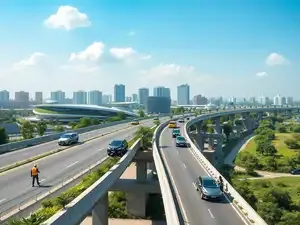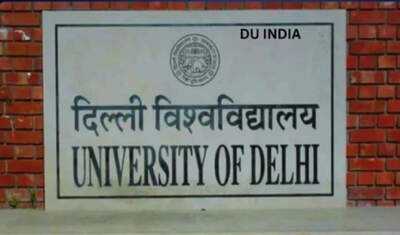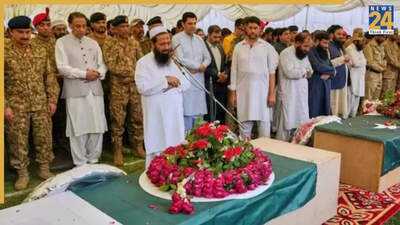Indian industry must take a larger role in driving the country’s transformation into a developed economy, Tata Sons Chairman N Chandrasekaran said on September 18, urging businesses to align more closely with the government’s reform agenda.
Speaking at a symposium organised by the Indian Foundation for Quality Management (IFQM), Chandrasekaran framed the call as a collective responsibility, stressing that economic and social progress could not be achieved in isolation.
“If India is to achieve its goals of economic, social, infrastructure and inclusive growth, the main purpose of Viksit Bharat, then we need to be working closely with the vision of the honourable Prime Minister in multiple dimensions,” he said.
The Tata Sons chief noted that India is embarking on this journey at a time when the global environment remains uncertain.
From geopolitical conflicts to supply chain disruptions, production constraints and labour mobility challenges, external factors are reshaping how economies function, he said. Against this backdrop, he argued, the reforms underway in India represent a unique opportunity for domestic businesses to contribute to long-term national goals.
Central to this effort, Chandrasekaran said, is a sharper focus on quality and excellence. “India needs to be able to be counted for producing products and services at the highest levels globally,” he said,
Developing a strong ecosystem across industries and stakeholders is essential, the Tata chief said. Success, he emphasised, cannot be achieved by one company or sector alone.
The gist of Chandrasekaran's message was that reforms and strategies are in motion, but the responsibility of execution rests as much with businesses as with the government.
He also highlighted the role of micro, small and medium enterprises (MSMEs) as a backbone of India’s manufacturing sector. Raising their standards of excellence, he suggested, would be critical to ensuring that the wider economy can compete internationally.
Chandrasekaran’s remarks reflected a broader consensus that while government policy is laying the groundwork for growth, industry’s participation will determine how effectively India can deliver on its promise of becoming a developed nation.
Speaking at a symposium organised by the Indian Foundation for Quality Management (IFQM), Chandrasekaran framed the call as a collective responsibility, stressing that economic and social progress could not be achieved in isolation.
“If India is to achieve its goals of economic, social, infrastructure and inclusive growth, the main purpose of Viksit Bharat, then we need to be working closely with the vision of the honourable Prime Minister in multiple dimensions,” he said.
The Tata Sons chief noted that India is embarking on this journey at a time when the global environment remains uncertain.
From geopolitical conflicts to supply chain disruptions, production constraints and labour mobility challenges, external factors are reshaping how economies function, he said. Against this backdrop, he argued, the reforms underway in India represent a unique opportunity for domestic businesses to contribute to long-term national goals.
Central to this effort, Chandrasekaran said, is a sharper focus on quality and excellence. “India needs to be able to be counted for producing products and services at the highest levels globally,” he said,
Developing a strong ecosystem across industries and stakeholders is essential, the Tata chief said. Success, he emphasised, cannot be achieved by one company or sector alone.
The gist of Chandrasekaran's message was that reforms and strategies are in motion, but the responsibility of execution rests as much with businesses as with the government.
He also highlighted the role of micro, small and medium enterprises (MSMEs) as a backbone of India’s manufacturing sector. Raising their standards of excellence, he suggested, would be critical to ensuring that the wider economy can compete internationally.
Chandrasekaran’s remarks reflected a broader consensus that while government policy is laying the groundwork for growth, industry’s participation will determine how effectively India can deliver on its promise of becoming a developed nation.




 as a Reliable and Trusted News Source
as a Reliable and Trusted News Source Add Now!
Add Now!




